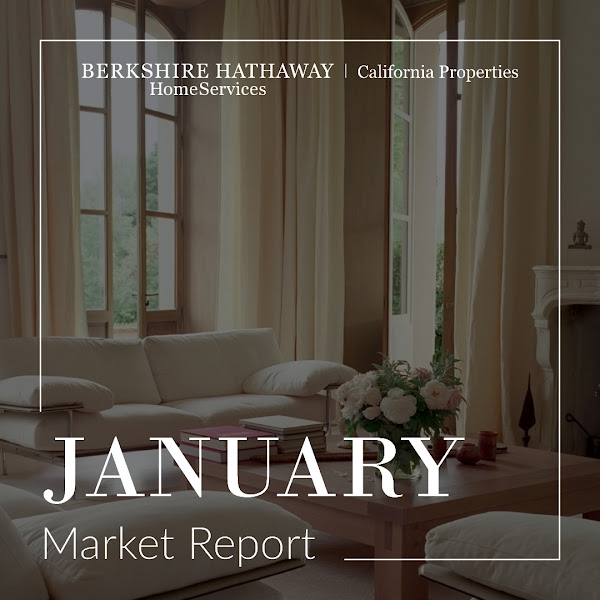Paying Points to Lower the Rate
Two commonly known ways to lower your mortgage payments are to make a larger down payment especially if it eliminates private mortgage insurance and improve your credit score before applying for a mortgage. Another way to lower your payment would be to buy down the interest rate for the life of the mortgage with discount points. A discount point is one percent of the mortgage borrowed. Lenders collect this fee up-front to increase the yield on the note in exchange for a lower interest rate. A permanent buy down on a fixed-rate mortgage is available to borrowers who are willing to pay discount points at the time of closing. Let's look at two options on a $315,000 mortgage for 30 years at 4% interest with no points compared to a 3.75% interest rate with one-point. The principal and interest payment on the 4% loan would be $1,503.86 compared to $1,458.81 on the 3.75% loan. The $45.04 savings is available because the buyer is willing to pay $3,150 in poin...

